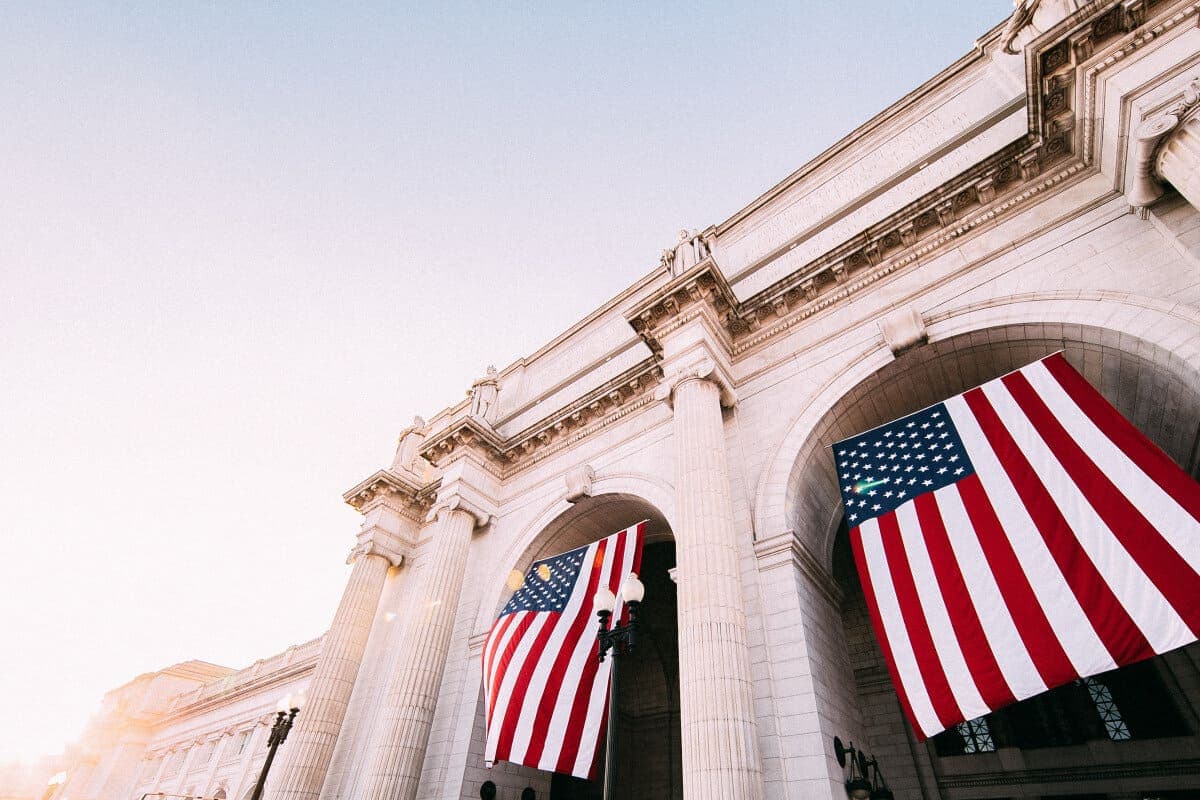US gambling acceptance at all-time high, according to new report

New figures from online polling group Gallup have found that almost three-quarters of US poll participants see gambling as a “morally acceptable” activity.
This figure is an increase on both of the previous two years and also means that those viewing gambling as “morally wrong” is also going down.
When looking deeper, there was a clear link between the political views and the public’s views on gambling.
However, those with affiliations for either of the two main parties – as well as independent individuals – roughly thought the same.
Differences in political stances
In total, the number of participants who believed that gambling is “morally wrong” stood at 27%. This was 4% lower than 2019’s 31%.
1% of liberals believed that gambling was bad on a moral level, with 23% of moderates shared the same view. Meanwhile, 36% of conservatives objected to gambling for said reasons.
On the other side of things, 61% of people who held conservative political views said they were fine with gambling. This percentage was 78% for liberals and 75% for moderates.
Gambling stood at fifth on the list of “morally acceptable” activity on the annual poll. Birth control, divorce, drinking alcohol and premarital sex were the only things that stood ahead of it.
Overall, the 71% of Americans who deemed gambling to be acceptable on a moral level was higher than last year’s figure of 68%. It also beat the all-time high in 2018, which was 69%.
Political party affiliations less disparate; other demographics more split
In the US, gambling was one of just two activities listed that had a high level support in both Republican and Democrat camps. 76% of individuals who identified as Democrats said that gambling was acceptable, with 70% of Republicans thinking the same. Interestingly, it was those who affiliate to neither party that shared the lowest percentage: 69%.
When it came to gender, there was little to split in this respect either. A higher proportion of men approved of the activity, at 72%, compared to 69% of women. There was a bigger split between races – 76% of white participants had no moral objection to gambling, compared to 60% of non-white respondents.
The level of education also seems to play a role in what residents think. 75% of college graduates accepted gambling as a reasonable activity, with 78% of individuals that had some form of education at this level doing likewise. In comparison, 62% of people with a high school education or less agreed with them.
Through every age group, the percentage of people not objecting to the activity was similar. This was between 70% and 71% for all of them.
Other recent reports also point to a higher level of acceptance for gambling in the US. The American Gaming Association last October found that 49% of participants in its own research said they had a “favourable” view of the industry. This was also an all-time high.






